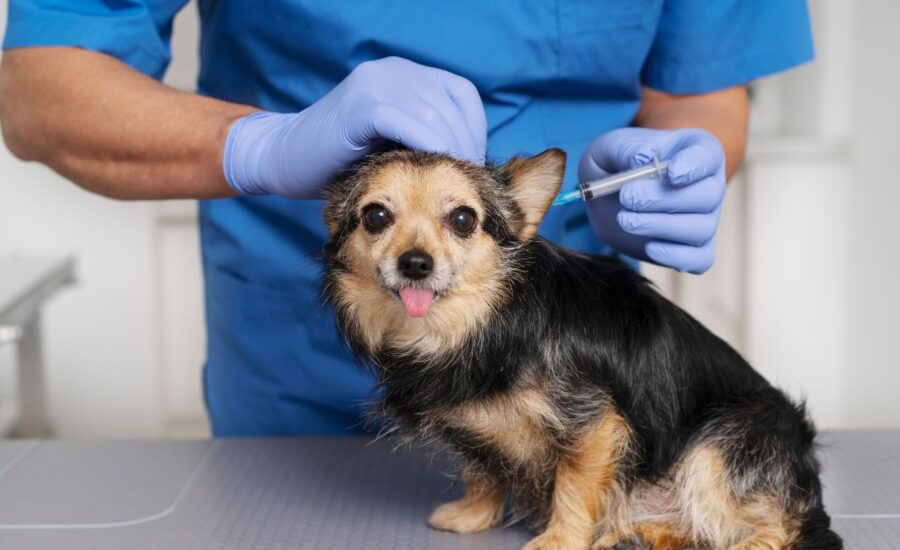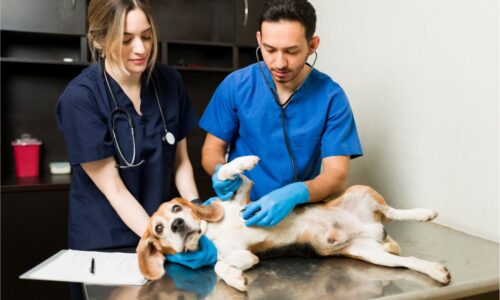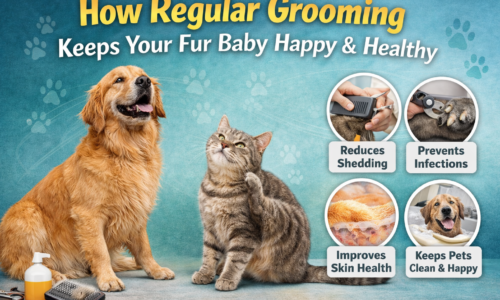Q1: Why is vaccination important for dogs and cats?
Vaccination keeps your furry family members safe from scary illnesses like rabies, distemper, parvo, and, for cats, feline leukemia. When your pet is healthy and protected, they also help stop these germs from spreading to other pets and even to people.
Q2: When should puppies and kittens get their first shots?
The vaccination process usually kicks off at 6 to 8 weeks. After that, pets get booster shots every 3 to 4 weeks, wrapping up when they’re about 16 weeks old. Make sure to ask your vet for a tailored schedule based on your pet’s age, breed, and overall health.
Q3: Which vaccines are considered core?
- For Dogs: Rabies, canine distemper, parvovirus, adenovirus (hepatitis), and parainfluenza.
- For Cats: Rabies, feline panleukopenia, feline herpesvirus, and calicivirus.
These shots are a must because they provide the strongest protection against the most serious diseases.
Q4: Are there optional vaccines I should think about?
Absolutely! Optional vaccines are great for pets with unique lifestyles.
For Dogs: Bordet Ella (kennel cough), leptospirosis, and Lyme disease are the most common boosters. Your vet can help decide which ones fit your pet’s daily adventures.
Cats: Feline Leukaemia Virus (FeLV) for outdoor cats or those in multi-cat households.
Q5: Do adult pets still need vaccinations?
A: Yes! All dogs and cats need booster shots even if their puppy or kitten series is complete. These boosters help keep their protection strong so they stay healthy. How often? Most shots need a booster each year, but some can go three years.
Q6: Are there any side effects of pet vaccinations?
A: Most pets feel only a little bump where the shot went in, some sleepiness, or a tiny fever. Rarely, we see bigger reactions, like vomiting, swelling of the face, or trouble breathing. Always keep an eye on your pet afterward. If anything seems off, call your vet.
Q7: How do vaccination services work at pet clinics?
A: Most vet clinics put together easy vaccination packages. These usually cover the core vaccines, any optional boosters your guardian pet needs, and a quick check-up. Some services even send a vet to your home to do the shots there for busy folks or nervous pets.
Q8: How can I prepare my pet for vaccination day?
A: – Help your pet relax this day. A calm ride and short wait in the lobby help a lot.
– Make sure they are healthy—If your pet is sneezing, vomiting, or upset, shots can wait.
– Bring their records—Carrying their medical history and their last booster information makes everything go smoothly.
Treat Them with Love When It’s Over
Q9: What if I wait too long or totally miss my pet’s shots?
A: Missing or pushing back a vaccine opens the door to serious sickness our pets should never have to face. Some of these illnesses can even be deadly. Plus, if you ever want to travel, board, or get your pet groomed, you’ll probably need to show that their shots are up to date.
Wrap-Up
Keeping your pets vaccinated is one of your biggest jobs as their human. When you stick to the shot calendar for dogs and cats, you help them share more years with you that are filled with wagging tails and gentle purrs.




